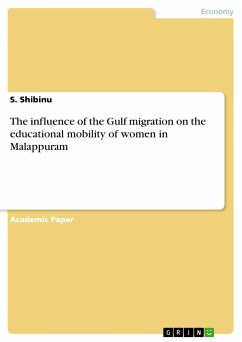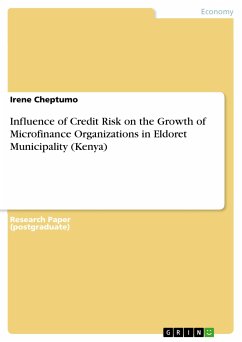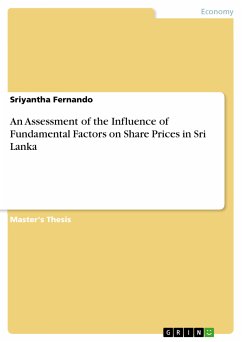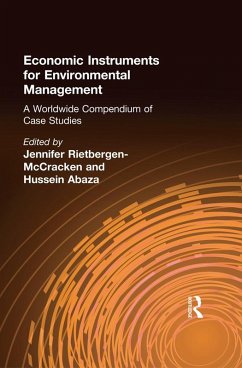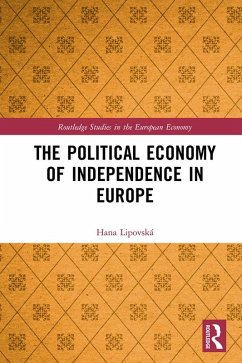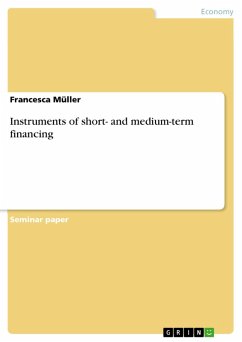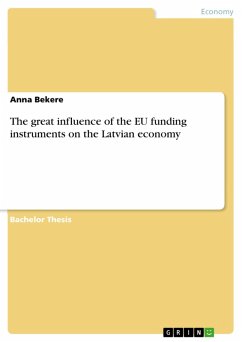
The great influence of the EU funding instruments on the Latvian economy (eBook, PDF)
Sofort per Download lieferbar
Statt: 42,95 €**
29,99 €
inkl. MwSt. und vom Verlag festgesetzt.
**Preis der gedruckten Ausgabe (Broschiertes Buch)
Alle Infos zum eBook verschenkenWeitere Ausgaben:

PAYBACK Punkte
0 °P sammeln!
Bachelor Thesis from the year 2017 in the subject Economics - Finance, grade: 8.9, SBS Swiss Business School (BA School of Business and Finance/ SBS Swiss Business School), language: English, abstract: This work describes the great influence of the European Union (EU) funding on a variety of economic sectors and functions of funds. It displays some of the macroeconomic statistics in relation to their contribution to the economic development agenda, evaluates the level of awareness of EU funding opportunities, and provides informed assumptions of the future without knowing the EU budget allocat...
Bachelor Thesis from the year 2017 in the subject Economics - Finance, grade: 8.9, SBS Swiss Business School (BA School of Business and Finance/ SBS Swiss Business School), language: English, abstract: This work describes the great influence of the European Union (EU) funding on a variety of economic sectors and functions of funds. It displays some of the macroeconomic statistics in relation to their contribution to the economic development agenda, evaluates the level of awareness of EU funding opportunities, and provides informed assumptions of the future without knowing the EU budget allocation strategy and its distribution between the target sectors. The author elaborates on a short history of the early stages of the funds absorption of the EU. Furthermore, the work gives an insight regarding the existing financing mechanisms, a closer description of the most common source of financial aid to small and medium sized enterprises (SMEs), and an evaluation of future prospects of EU funding. The two questions of interest for the study are: "Is society really aware of the broad opportunities provided?" and "What will happen to Latvian economy after the end of the last planning period - is the implementation of these funds well-considered and utilized to its best ability?" Nowadays, a noteworthy portion of Latvian citizens, both natural persons and owners of SMEs, have promising business ideas, but lacke funding and knowledge of ways to acquire it. Moreover, the current EU funds planning period will come to an end in 2020 without a clear vision of future EU stimulus towards building competitive and inclusive economy and their budgetary distribution.
Dieser Download kann aus rechtlichen Gründen nur mit Rechnungsadresse in A, B, BG, CY, CZ, D, DK, EW, E, FIN, F, GR, HR, H, IRL, I, LT, L, LR, M, NL, PL, P, R, S, SLO, SK ausgeliefert werden.




